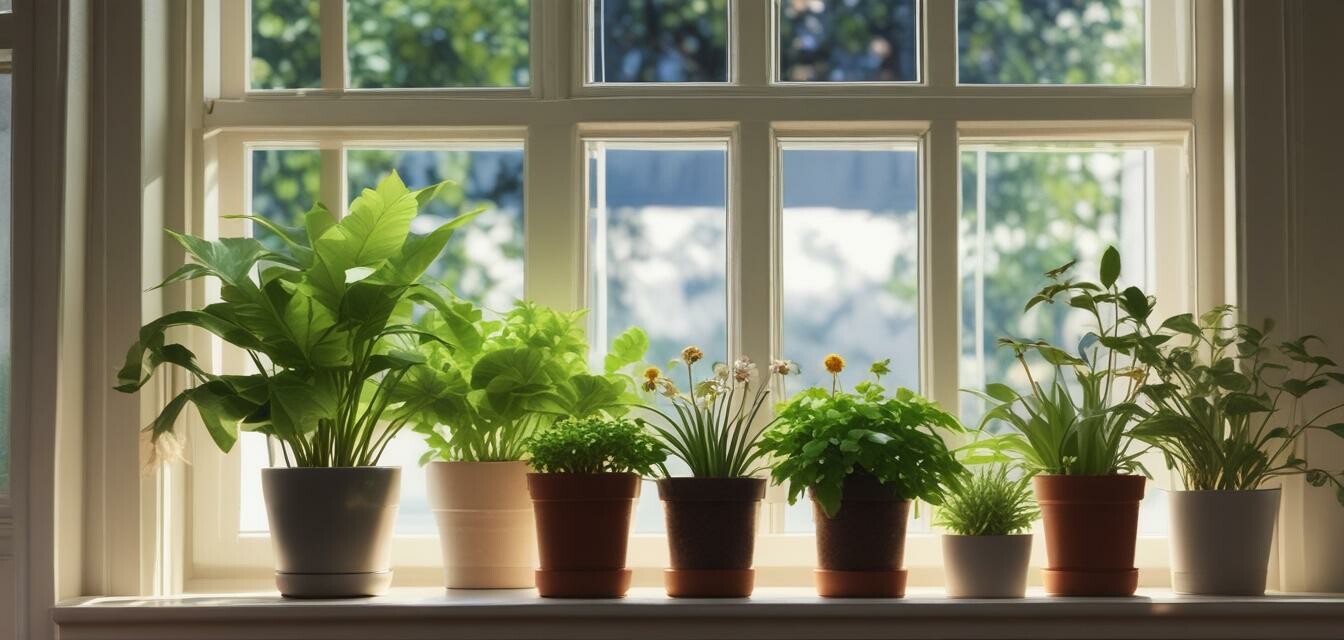
Signs Your Indoor Plants Are Happy or Unhappy
Key Takeaways
- Happy plants display vibrant colors, healthy growth, and strong structure.
- Signs of unhappy plants include wilting, discoloration, and stunted growth.
- Certain environmental factors like light, water, and humidity impact a plant's well-being.
- Regular observation is essential to understand and address your plants' needs.
Indoor plants can bring Life and vibrancy into your space, but how do you know if they are thriving or struggling? Understanding the language of your plants can be crucial to keeping them happy and healthy. In this article, we will explore the signs that indicate whether your indoor plants are content or in distress.
Signs of Happy Indoor Plants
Happy plants will reflect their well-being in various ways. Below are some key indicators to look for:
| Signs | Description |
|---|---|
| Lush Green Leaves | Healthy indoor plants typically have vibrant and unblemished green leaves that express vitality. |
| Strong Growth | New leaves or stems are actively developing, showing that the plant is thriving. |
| Steady Structure | The plant should maintain an upright posture without drooping or leaning excessively. |
| Abundant Blooming | If flowering plants are producing blossoms, they are generally a good sign of health. |
Signs of Unhappy Indoor Plants
Just as there are signs of well-being, there are key indicators of stress or illness in your indoor plants:
| Signs | Description |
|---|---|
| Yellowing Leaves | This can be a sign of overwatering, nutrient deficiency, or disease. |
| Wilting | Plants that look limp and weak may be thirsty, too dry, or root-bound. |
| Discoloration and Spots | Brown spots or patches might indicate pest infestations or fungal infections. |
| Stunted Growth | Plants that fail to grow or produce new leaves might be lacking essential nutrients. |
Understanding Environmental Factors
Plants are particularly sensitive to their environment. Here are some factors that can impact their health:
- Light: Ensure that your plants receive adequate sunlight, as insufficient light can hinder growth.
- Water: Proper watering schedules are vital; both overwatering and underwatering can lead to stress.
- Humidity: Many indoor plants prefer a humid environment, which can be managed with misting or humidity trays.
- Temperature: Extreme temperatures can lead to stress; keep plants in a stable environment away from drafts.
Regular Observation and Care
The best way to ensure your indoor plants remain happy is through regular observation and care. Here are some tips to help you:
Tips for Keeping Your Plants Happy
- Inspect leaves regularly for pests and disease.
- Rotate your plants for even light exposure.
- Keep a watering schedule that corresponds to the season.
- Fertilize appropriately during the growing season.
Learning to Read Your Plants
To create a flourishing indoor garden, it's crucial to learn how to read your plants. Frequent engagement will help you understand their specific needs. If you notice any distress signs, it's essential to act quickly to rectify any issues.
Conclusion
By understanding the signs of happiness or unhappiness in your indoor plants, you can cultivate a thriving indoor garden. Happy plants will reward you with beauty and elegance, while understanding their stress signals can save them from serious trouble. For more plant care tips, visit our Care Tips section and discover more ways to nurture your indoor plants.
Pros
- Enhanced aesthetic appeal of home with healthy plants.
- Improved indoor air quality through proper plant care.
- Increased mindfulness and relaxation through caring for plants.
Cons
- Time and commitment required for proper care.
- Potential frustration with challenging plant species.
- Need for occasional costs related to soil and fertilizers.

